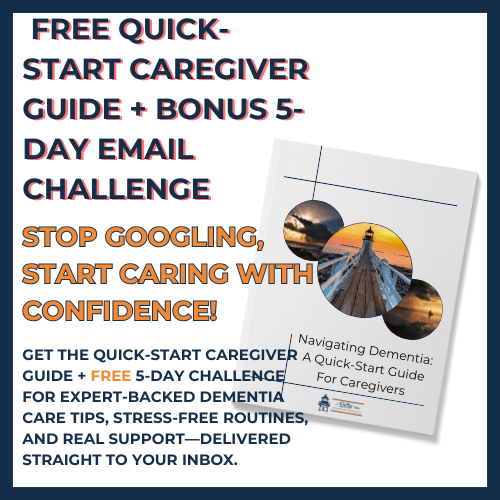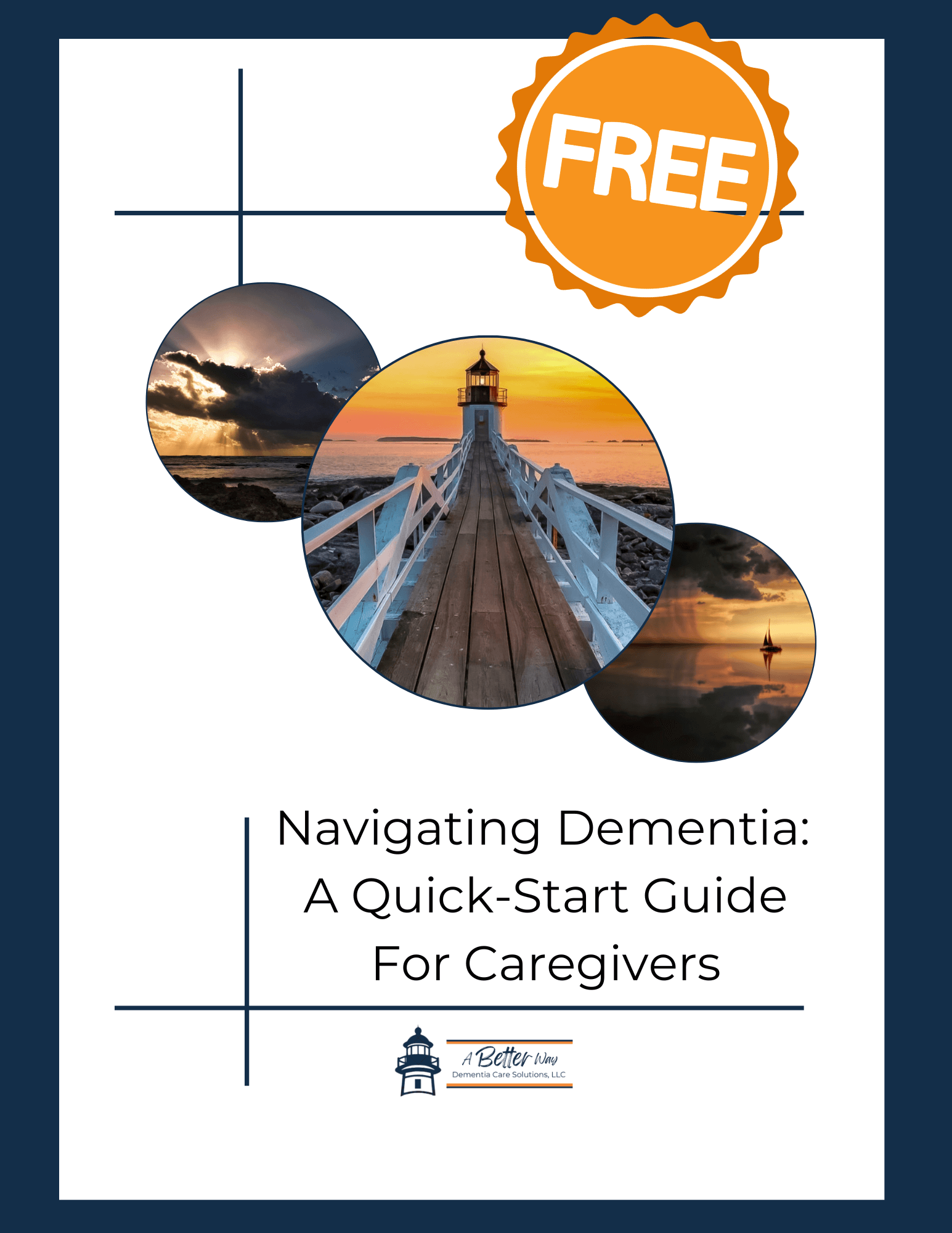
Dementia is more than just memory loss—it’s a progressive condition caused by physical changes in the brain. As dementia advances, it affects how brain cells function, communicate, and survive. This leads to difficulties with memory, thinking, language, and even movement.
By understanding how dementia changes the brain, caregivers can better anticipate challenges and provide supportive care. Let’s explore what happens inside the brain when dementia develops.
The Brain’s Role in Memory and Thinking
The brain is made up of billions of nerve cells (neurons) that send messages using chemicals called neurotransmitters. These messages control everything from remembering names to moving our hands.
In dementia, neurons become damaged and die, disrupting communication between different parts of the brain. Over time, brain shrinkage occurs, leading to the hallmark symptoms of dementia such as confusion, difficulty with daily tasks, and personality changes.
How Dementia Affects the Brain
1. Plaque and Tangle Buildup (Alzheimer’s Disease)
In Alzheimer’s disease, abnormal proteins called beta-amyloid plaques and tau tangles build up between and inside neurons. This blocks communication and causes neurons to die.
How This Affects a Person:
- Early stage: Memory loss, trouble finding words
- Middle stage: Difficulty recognizing people, mood changes
- Late stage: Loss of speech, mobility, and ability to swallow
2. Reduced Blood Flow (Vascular Dementia)
In vascular dementia, strokes or other conditions reduce blood flow to the brain. Without enough oxygen, neurons become damaged or die.
How This Affects a Person:
- Early stage: Trouble making decisions, slowed thinking
- Middle stage: Increased confusion, trouble following conversations
- Late stage: Difficulty walking, problems with bladder control
3. Protein Deposits (Lewy Body Dementia)
Lewy body dementia occurs when clumps of protein (Lewy bodies) form inside neurons. This type of dementia affects both cognition and movement.
How This Affects a Person:
- Early stage: Sleep disturbances, hallucinations
- Middle stage: Tremors, movement issues, confusion
- Late stage: Severe mobility problems, loss of speech
4. Brain Shrinkage in the Frontal and Temporal Lobes (Frontotemporal Dementia - FTD)
FTD occurs when neurons die in the frontal and temporal lobes, which control personality, behavior, and language.
How This Affects a Person:
- Early stage: Personality changes, inappropriate behavior
- Middle stage: Trouble speaking, difficulty understanding words
- Late stage: Loss of motor function, inability to eat independently
Alzheimer’s Disease: The Progression of Dementia in the Brain
Alzheimer’s disease follows a predictable pattern of brain changes, usually starting in the hippocampus (where memories are stored) and spreading gradually to other regions of the brain.
1. Early Stage (Mild Cognitive Impairment)
- Affects: Hippocampus (memory center) and frontal lobe
- Symptoms: Short-term memory loss, difficulty with planning
- Brain Changes: Mild neuron loss and plaque buildup
2. Middle Stage (Moderate Dementia)
- Affects: Temporal and parietal lobes (language and reasoning)
- Symptoms: Difficulty recognizing people, trouble with daily tasks
- Brain Changes: Increased shrinkage and disrupted neural pathways
3. Late Stage (Severe Dementia)
- Affects: All brain areas, including the motor cortex
- Symptoms: Loss of speech, mobility, and ability to eat
- Brain Changes: Widespread neuron death, severe shrinkage
Why This Matters for Caregivers
Understanding how dementia affects the brain can help caregivers:
✔ Recognize early warning signs and seek a diagnosis sooner
✔ Adjust communication techniques as language skills decline
✔ Provide appropriate support based on brain changes
✔ Prepare for mobility challenges as the disease progresses
✔ Recognize early warning signs and seek a diagnosis sooner
✔ Adjust communication techniques as language skills decline
✔ Provide appropriate support based on brain changes
✔ Prepare for mobility challenges as the disease progresses
While these changes are irreversible, early intervention and the right support can help slow symptom progression and improve quality of life.
Final Thoughts
Dementia is not just about forgetfulness—it’s a brain disease that affects thinking, emotions, and movement. While there is no cure, ongoing research continues to explore treatments that may slow the process.
Next Steps
If you need personalized guidance on creating a care plan, consider our 1:1 caregiver coaching services. Let’s navigate this journey together. Schedule a consultation today!
Join Our Private Caregiver Community
If you're looking for a safe space to share your caregiving experiences, ask questions, or simply connect with others who understand the challenges you face, join our private Facebook support group for caregivers. It's a supportive, empathetic community where you can find encouragement and answers when you need them most. Click here to join.
Subscribe to Our Newsletter & Download Your Free E-Book
For more valuable tips, resources, and updates on dementia care, click here to subscribe to our newsletter today!
Download Our FREE E-Book. CLICK HERE

Notes
- Alzheimer’s Association. (2023). What happens to the brain in Alzheimer’s disease? Retrieved from https://www.alz.org/alzheimers-dementia/what-is-alzheimers/brain_tour
- Alzheimer’s Association. (2023). What is dementia? Retrieved from https://www.alz.org/alzheimers-dementia/what-is-dementia
- Mayo Clinic. (2023). Lewy body dementia. Retrieved from https://www.mayoclinic.org/diseases-conditions/lewy-body-dementia/symptoms-causes
- National Institute on Aging. (2023). How Alzheimer’s changes the brain. Retrieved from https://www.nia.nih.gov/health/how-alzheimers-changes-brain
- Alzheimer’s Society. (2023). Vascular dementia. Retrieved from https://www.alzheimers.org.uk/about-dementia/types-dementia/vascular-dementia
- UCSF Memory and Aging Center. (2023). Frontotemporal dementia. Retrieved from https://memory.ucsf.edu/dementia/frontotemporal-dementia
- Harvard Health Publishing. (2023). Understanding different types of dementia. Retrieved from https://www.health.harvard.edu/a_to_z/dementia-a-to-z
Disclaimer
The information contained in this blog post is for general educational and informational purposes only and should not be construed as legal advice, financial advice, health advice, or medical advice. The information provided is not a substitute for advice from a qualified professional who is aware of the facts and circumstances of your individual situation. We expressly recommend that you seek advice from a professional familiar with your specific situation.
Want to keep figuring this out together?
Subscribe to Finding Our Way in Dementia Care and get honest stories, helpful tips, and gentle support delivered to your inbox every week. Just real talk, grounded care, and space to breathe.
Subscribe to Finding Our Way in Dementia Care and get honest stories, helpful tips, and gentle support delivered to your inbox every week. Just real talk, grounded care, and space to breathe.
Kind truth. Clear steps. Warm guide.

















0 Comments